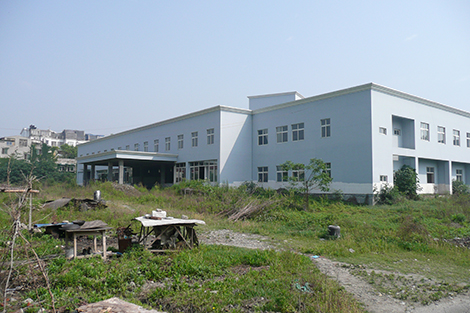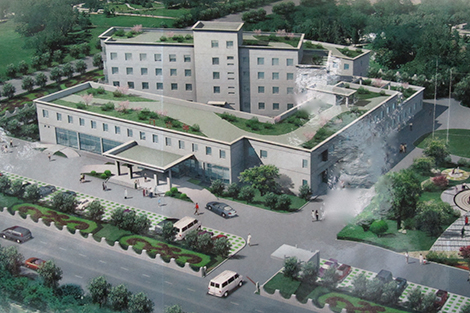THE STORY
What a wonderful idea this was: a beautiful, modern hospital in a place where it was very needed. But
when we saw it, it was a mess.
This was a sad case. We were asked to take a look at a hospital that had been mostly built but due to
conflict among the partners had sat unfinished for several years. It had experienced a severe earthquake
and was still standing, but had not been examined by a structural engineer. One group of partners was
heartsick that their dream of providing medical care in a community that needed it was completely
stopped.
We first visited the hospital with a Singapore man who had spent some time in the area on behalf of the
Singapore government. He had great contacts in the area. If anyone could make this work, he could. We
found a company in Singapore that would work very well as the managing company for the hospital. It was
hard not to get excited about the possibilities. You see the hospital was in an area that had many
multinational companies. A possible business model was to provide services for the multinationals that
would help cover the cost of providing services for poorer locals who couldn’t afford good medical care.
We developed a good decision model with several go/no-go decision spots based on the feasibility of a
successful business. It would have been easy to just get excited about the possibility without really
understanding the requirements to make the business work. However, we wanted to have a sustainable
hospital, not just watch more money being poured into a sinking project.
First we had to understand the physical workings of the hospital and what it would take to get it
functioning. We brought in a few experts: an accountant from the US who had built a hospital in
California; a structural engineer from Hong Kong who could look at the condition of the building; a Hong
Kong doctor who was developing a hospital in another part of the country. These experts took a look at
the hospital and found that the structural issues were the paramount problem.
After an earthquake building standards are often increased. This was the case here. Without an extensive
structural assessment we wouldn’t know how sound the building was. Perhaps it was a nightmare to get it
ready for occupancy. We also found that the whole hospital was built below grade for the city sewer
system, which would create a problem in dealing with waste. Yes, it could be pumped, but that was an
added expense. The doctor felt that to go into the midst of such a conflicted situation would be a
burden from which we would never be free.
Sadly, we determined that it was not a good business to move forward on. It’s important to be able to
distinguish between good businesses and those not able to be brought to fruition. A hospital would
certainly be a blessing in this city, but just because there is an opportunity doesn’t mean it makes
business sense. What we decide not to do is just as important as what we decide to do. Business 4
Blessing Alliance (B4B) consultants can help you with your business project to determine the feasibility
of it or develop a strategy to create something new.










